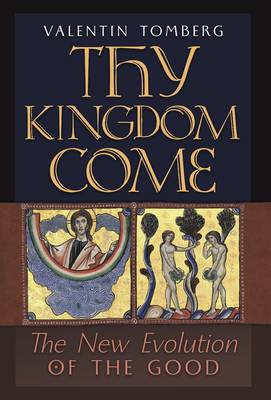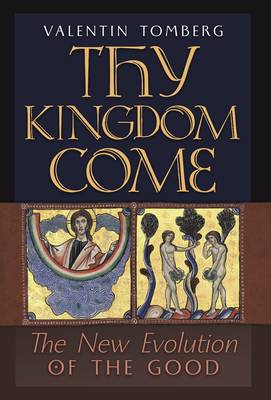
- Retrait gratuit dans votre magasin Club
- 7.000.000 titres dans notre catalogue
- Payer en toute sécurité
- Toujours un magasin près de chez vous
- Retrait gratuit dans votre magasin Club
- 7.000.000 titres dans notre catalogue
- Payer en toute sécurité
- Toujours un magasin près de chez vous
Description
In this study, written largely during the winter of 1966-1967, Valentin Tomberg leads the reader into the strata of a deeper reality. The path begins with knowledge of the kingdom of nature, looked at from two points of view: Darwin's evolutionary "fallen nature" of the serpent (whose guiding principle is "the collective will to power") and the cooperation, association, and social collectivism also apparent in nature (pointing to a region of created beings rather than to an evolutionary "origin of species"). Tomberg then asks whether human beings are permitted to do everything they can do, which brings him to the kingdom of man. Here the "pure humanism" of this kingdom manifests itself. But we are further called to raise ourselves out of both the kingdom of nature and the "pure humanism" of the kingdom of man, to the kingdom of God. For this, the Sermon on the Mount informs us of our true nature and points our way. If, in the old natural evolution, the solution was "you shall be as God" (by which the serpent meant "you shall be as God without God"), then the Sermon on the Mount promises "you shall be as God in God." When humanity shall at last have understood this rightly, there will, according to Tomberg, be a new historiography telling first of temptations, deserts, errors, and the way of purification. In this book, Tomberg shows himself to be its forerunner.
Spécifications
Parties prenantes
- Auteur(s) :
- Editeur:
Contenu
- Nombre de pages :
- 104
- Langue:
- Anglais
Caractéristiques
- EAN:
- 9781621388388
- Date de parution :
- 02-06-22
- Format:
- Livre relié
- Format numérique:
- Genaaid
- Dimensions :
- 140 mm x 216 mm
- Poids :
- 267 g







